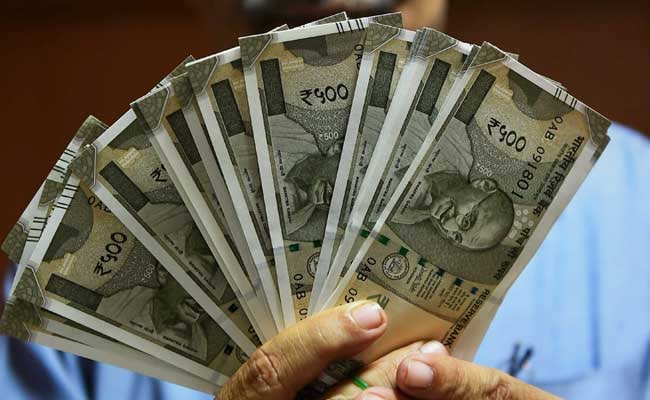
Rajya Sabha passes Gratuity Bill by voice vote
New Delhi:
The Gratuity Bill, that empowers the government to fix the amount of tax free gratuity with an executive order, has been passed by Parliament on Thursday.
The bill which was passed by the Lok Sabha last week, was moved by Labour Minister, Santosh Kumar Gangwar in the Rajya Sabha today and passed by a voice vote.
The Payment of Gratuity (Amendment) Bill allows raising the upper limit of payment of tax-free gratuity from Rs 10 lakh to Rs 20 lakh.
Gratuity a person earns depends on two factors - the basic on the last drawn salary and the number of years of service in the organisation.
Employees are paid gratuity if they have provided at least five years of continuous service at the time of termination.
Parliament passing the Gratuity Bill today, will have a positive impact on people working in the private sector, and all those who were not under the Central Civil Services Rules of 1972. The government, after the 7th Pay Commission recommendations, had already raised tax-free limit of government employees to Rs 20 lakh from January 1, 2016.
The Gratuity Bill also allows the government to notify the period of maternity leave eligible for qualifying as continuous service, and determine the amount of gratuity available to women employees.
Earlier the maximum maternity leave, for the purpose of calculating continuous service was based on the leave provided under the Maternity Benefit Act, 1961. The maximum maternity leave under the 1961 Act was changed from 12 weeks to 26 weeks by an amendment in 2017.
The Gratuity Bill will be beneficial in the long term for all who have joined the workforce recently.
The bill which was passed by the Lok Sabha last week, was moved by Labour Minister, Santosh Kumar Gangwar in the Rajya Sabha today and passed by a voice vote.
The Payment of Gratuity (Amendment) Bill allows raising the upper limit of payment of tax-free gratuity from Rs 10 lakh to Rs 20 lakh.
Gratuity a person earns depends on two factors - the basic on the last drawn salary and the number of years of service in the organisation.
Employees are paid gratuity if they have provided at least five years of continuous service at the time of termination.
Parliament passing the Gratuity Bill today, will have a positive impact on people working in the private sector, and all those who were not under the Central Civil Services Rules of 1972. The government, after the 7th Pay Commission recommendations, had already raised tax-free limit of government employees to Rs 20 lakh from January 1, 2016.
The Gratuity Bill also allows the government to notify the period of maternity leave eligible for qualifying as continuous service, and determine the amount of gratuity available to women employees.
Earlier the maximum maternity leave, for the purpose of calculating continuous service was based on the leave provided under the Maternity Benefit Act, 1961. The maximum maternity leave under the 1961 Act was changed from 12 weeks to 26 weeks by an amendment in 2017.
The Gratuity Bill will be beneficial in the long term for all who have joined the workforce recently.
Track Latest News Live on NDTV.com and get news updates from India and around the world

